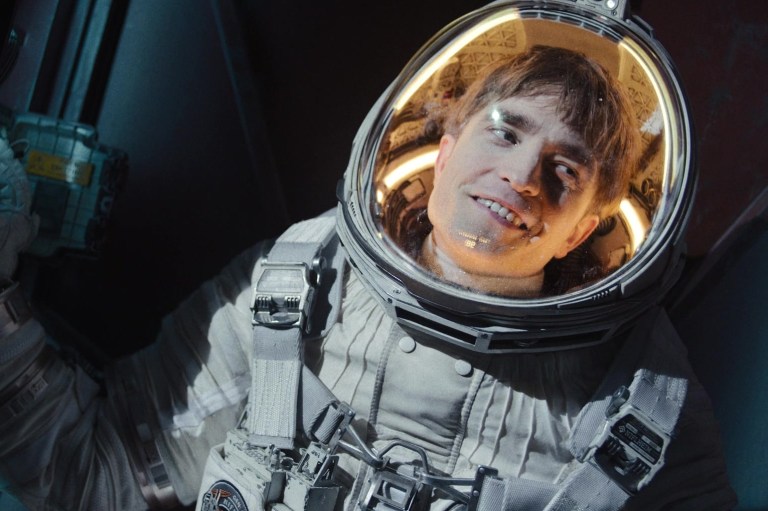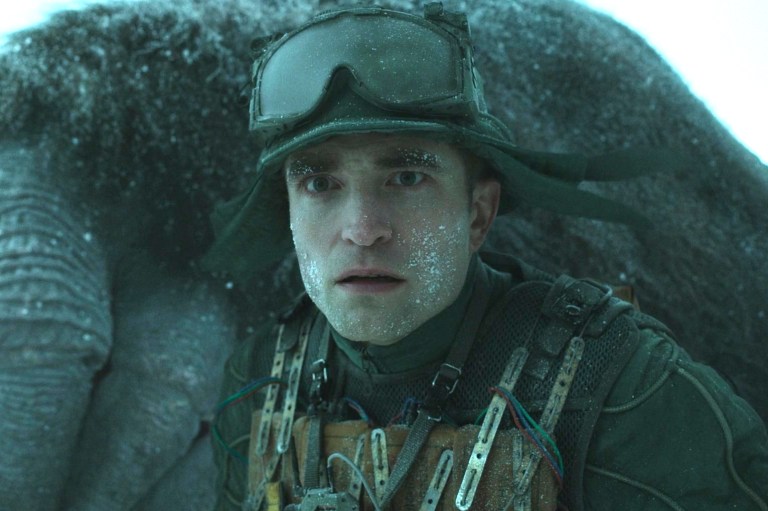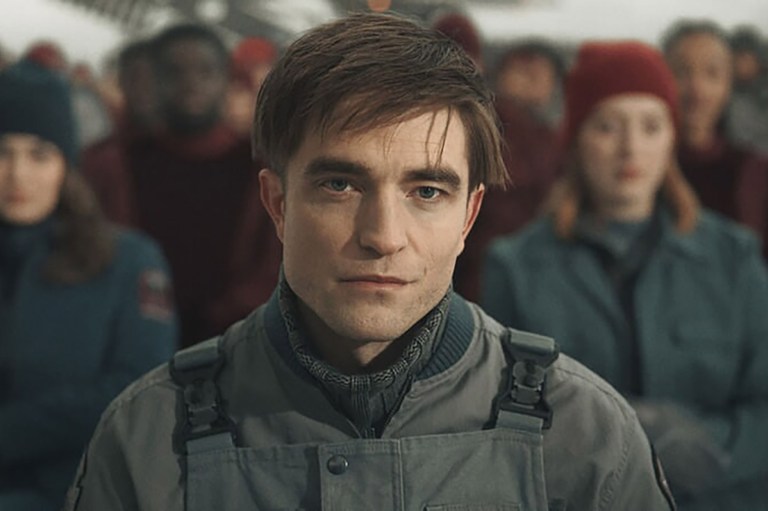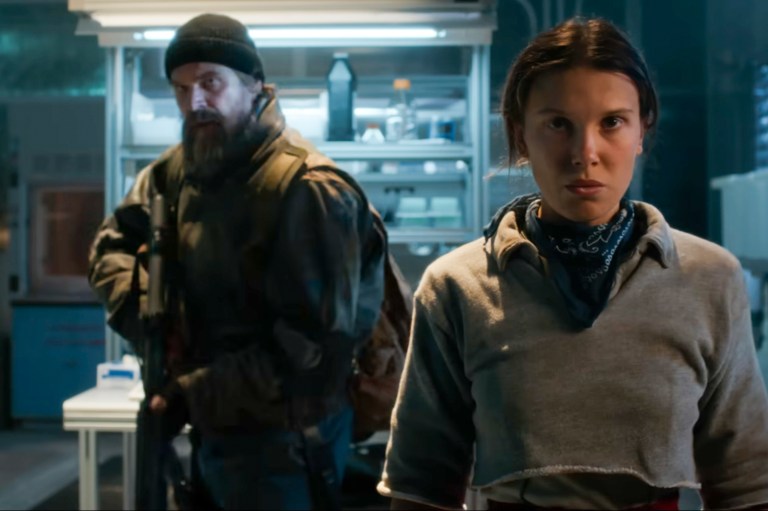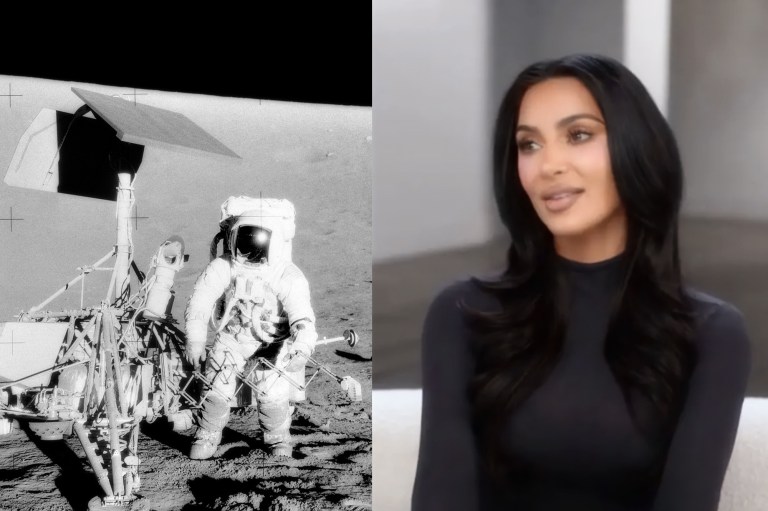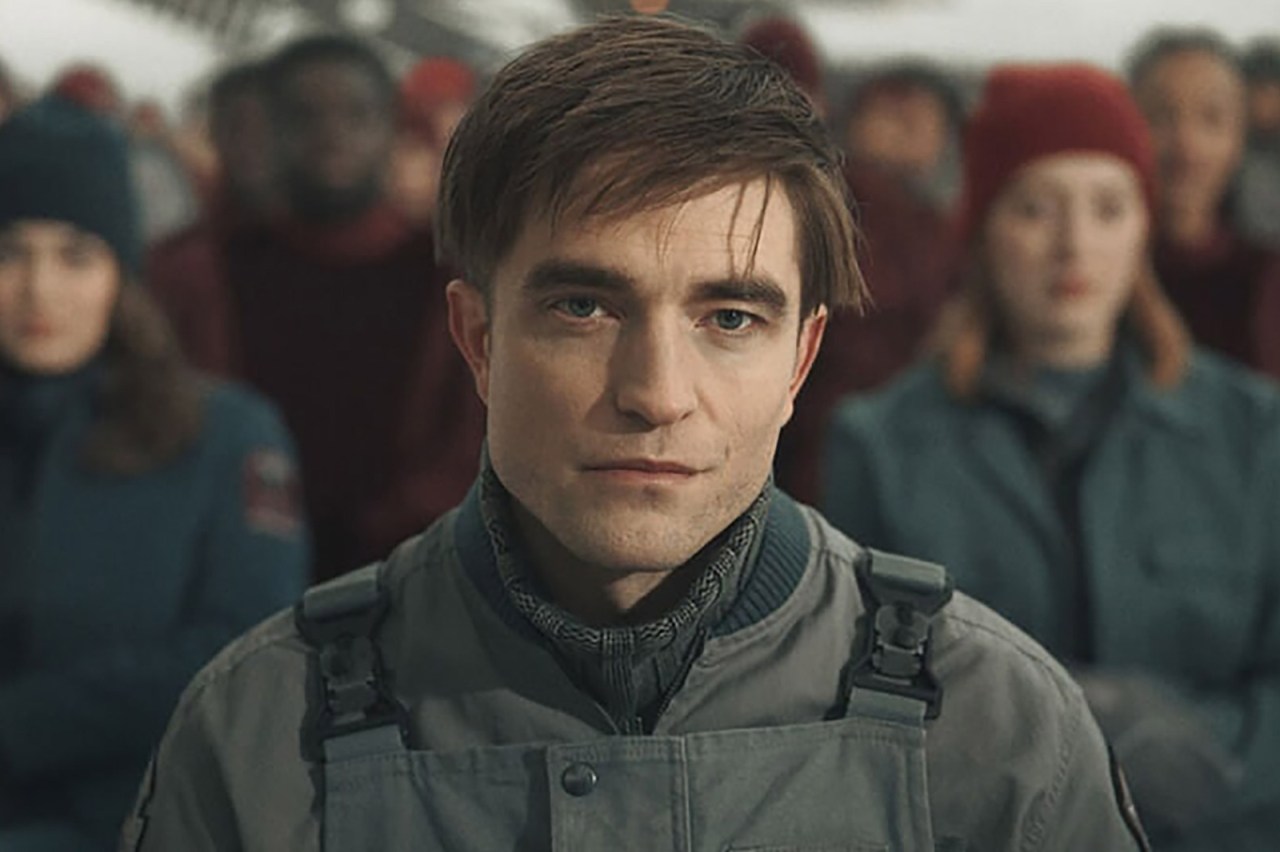
Bong Joon-ho’s ‘Mickey 17’ Challenges U.S. Viewers In Ways ‘Parasite’ Didn’t
There’s nothing quite as stimulating as a satire done right. Our brains hit that sweet spot where we’ve suspended disbelief enough to immerse ourselves in a fictional world, and yet simultaneously remain aware of the metaphor linking everything back to our own reality. American audiences were wowed by this feat back in 2020 when Bong Joon-ho’s Parasite took the academy award for best picture, among others, and embraced cultural introductions to ram-don and mnemonic songs like “Jessica from Chicago”.
His latest release, Mickey 17, which just arrived to HBO Max, hits closer to home for American audiences, making it a tougher pill to swallow. Set in the year 2050, where disgraced politician, businessman, and religious cult leader, Kenneth Marshall, played by Mark Ruffalo, combines aspects of Donald Trump’s television-style political productions with Elon Musk’s support for pro-natalism and space colonization.
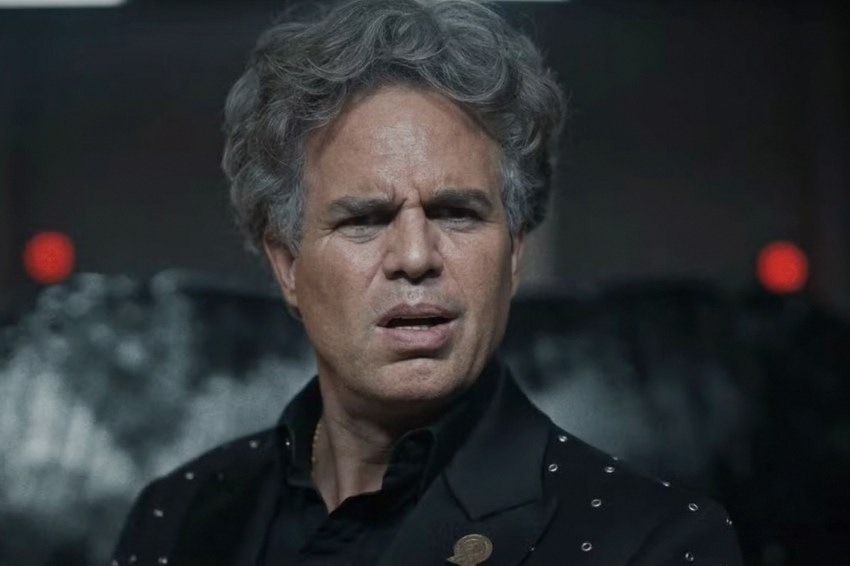
We can’t suspend our disbelief when scenes and dialogue escalate to such a satirical extreme that is still reminiscent of daily news clips. It’s a mirror held up to American society, showing us how we’ve become desensitized to behavior like Marshall’s through our own discomfort or boredom when presented with his character. The desire to turn away, to turn the movie off, and choose something more in line with the escapist sci-fi genre we were looking for, may be the point.
By echoing the current political climate against a backdrop of fictional technology, Joon-ho speculates what our future might become if we continue to look away. In a world where AI and humanoid robots are making exponential advancements, the idea of interplanetary space travel and human printing aren’t as unbelievable as they once might have been. The ethical implications for people on the bottom rungs of society, like Mickey, aren’t a surprise.
The job title “expendable”, in and of itself, reflects the ways society has historically taken advantage of vulnerable populations for the benefit of the elite. Dangerous working conditions, scientific experimentation, and cost-benefit analysis of human life are all real examples we can find within history books. They don’t exist in the sterile vacuum of science fiction. Joon-ho’s criticism draws parallels between the technological advances of an American future and the industrial revolution or expansionist ideals of Manifest Destiny.
I don’t think it’s any coincidence he ends the story with a woman of color stepping into a leadership role after winning an election, putting the end of the harmful “expendable” program, and being curious enough to follow science’s desire to communicate with the planet’s native species instead of giving into the fearful urge to eliminate them.
